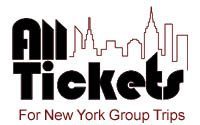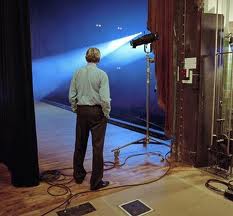
When you’re involved in a professional theatre production on Broadway or anywhere else, there are various types of meetings that take up your time. The meetings are all important as they facilitate communication and get you closer to your goal- a successful opening night and run. Today theatre speak looks at three typical types of meetings that occur with professional productions.
Design Meetings
Design meetings usually involve the director and a specific designer. They occur after the director and designer have read the play numerous times, performed research and developed some ideas and concepts.
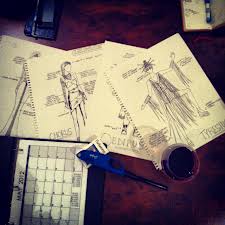
These tend to be preliminary meetings that happen prior to anything being designed. They may also include a stage manager if there is one under contract at the time. These are often conceptual meetings where the director shares their ideas concerning the script. The designer may share research they have done and basic ideas or concepts that they feel are relevant.
Directors vary greatly in how they approach such meetings and designers tend to be very good listeners at this time. A director may talk using metaphors, images, referencing music or works of art, pop culture, etc. Overall, the director is trying to communicate how they see the show unfolding artistically and also, to a degree, practically.
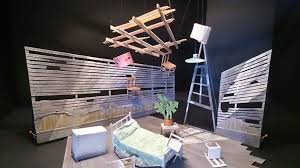
There are then additional design meeting where designers show preliminary and in subsequent meetings more specific designs and more ideas, comments and observations are exchanged.
Meetings with the scenic designer tend to occur first and after that costumes, lights and sound. If projections or video are being used, those meetings will happen around the same time as one of the early or mid-point scenic meetings.
Production Meetings
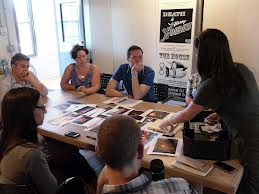
Production meetings involve a lot more people, including the director, producers, stage managers, designers, chief technicians, props master and more. If you’re doing a musical, the music director and choreographer are present. Every aspect of the production is discussed. Meetings tend to be weekly. As things gear up and the show gets closer to tech, the meetings happen more often and sometimes in a less formal manner. These meetings are very much about solving and anticipating problems and ensuring everything is progressing as planned.
Equity Meetings
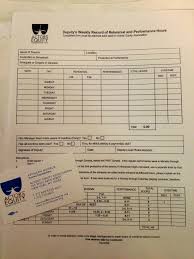
An equity meeting is held for each Actor’s Equity Association production. This is a union meeting that is run by the stage manager (stage managers are members of Equity too) and it includes all of the union actors. The meeting is usually held on the first day of rehearsal when the actors are first called. As an example, if rehearsal starts at 10 am on Monday, the meeting is held at 10 am that day. It usually takes about 30 minutes. This is a private meeting held behind closed doors. What happens in the meeting?
If actors and stage managers have not filled out their pension and welfare information for the show, that happens. The stage manager basically makes sure everything is in order and then they run the election of the Equity deputy for that show. The deputy is like the shop steward, and they must fill out and file with the union weekly reports regarding work hours, any reports connected to injuries and handle any grievance issues.
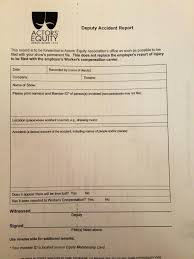
Honestly, “election” is loosely used here. When I worked as an actor and stage manager the question was asked, “Does anyone want to be the deputy?” That was usually met with silence. Sometimes an avid union member would readily volunteer. But often the stage manager’s initial question simply hung in the air. They then might ask again, noting that the stage manager COULD NOT be deputy. If no one volunteered, people might start nominating company members, but this was rare. Usually someone eventually volunteered and then the meeting was adjourned, the deputy was given their packet of forms, and the actors and stage manager joined the director for rehearsal.
Communicating
The point of a production is to communicate with an audience on numerous levels simultaneously. One way to give a production a fighting chance of achieving this goal is by having productive meetings that allow all involved to collaborate, communicate, and create. Okay, when are we opening? Let’s schedule that first design meeting.
